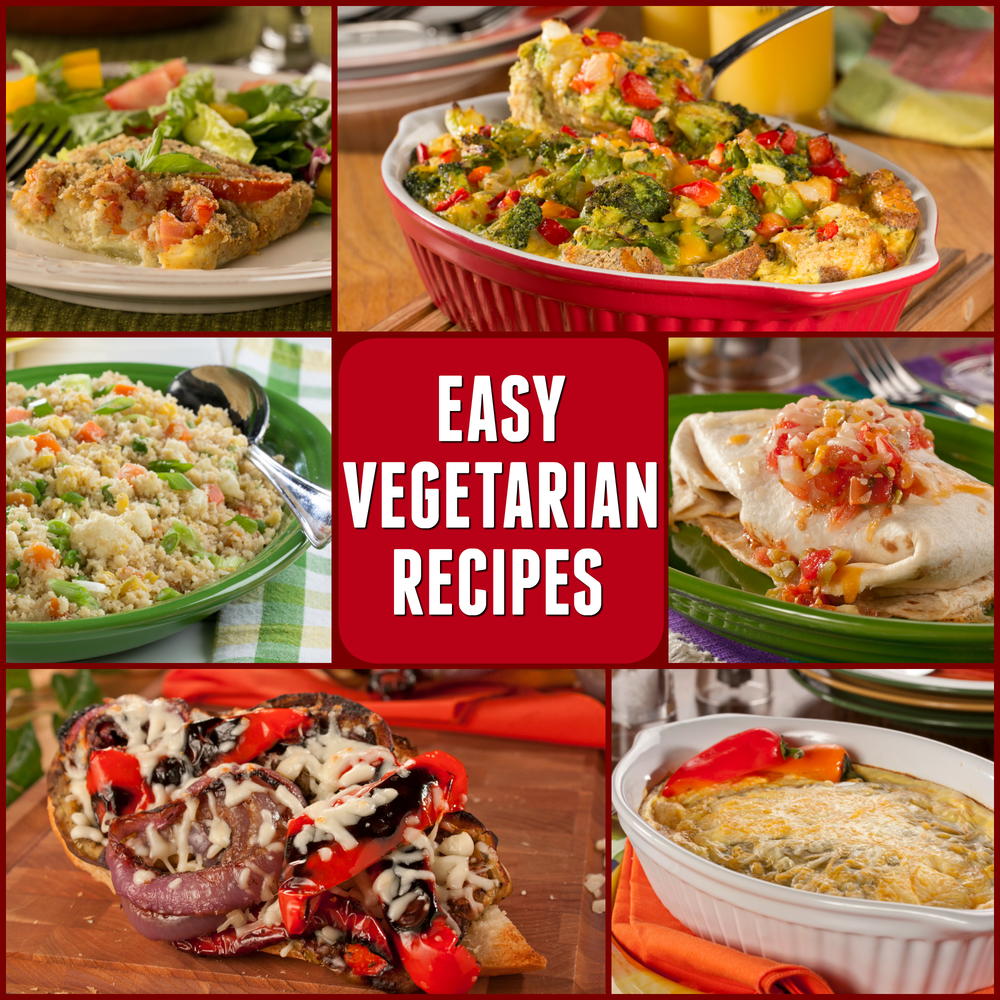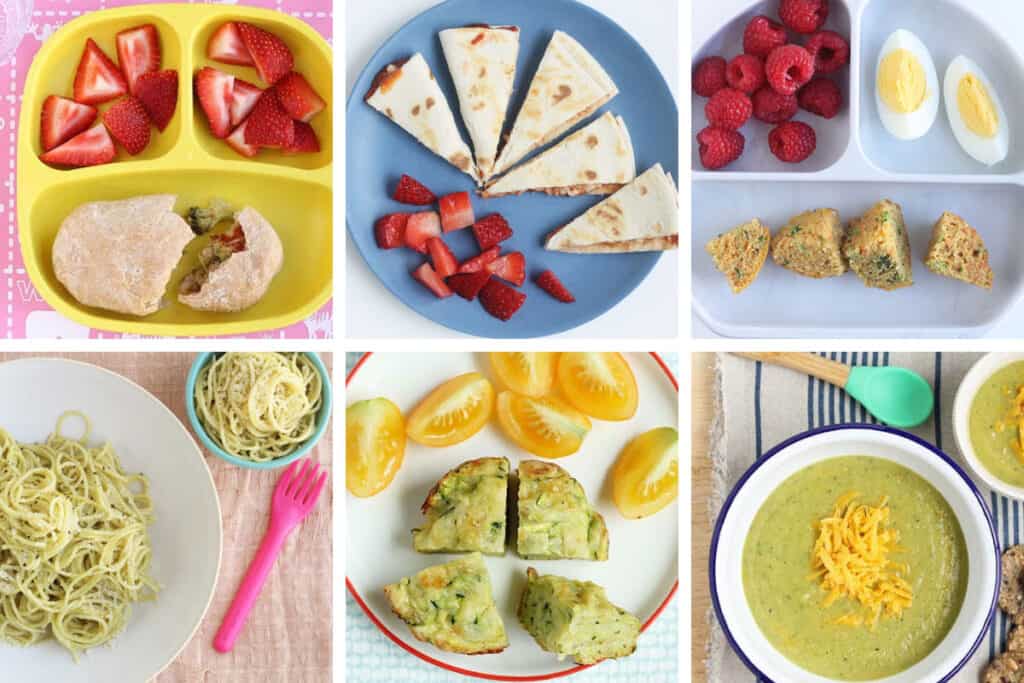In today’s world, where childhood obesity and picky eating are prevalent, it’s more important than ever to provide children with healthy and tasty vegetarian recipes. Vegetarianism offers numerous benefits for kids, including reducing the risk of chronic diseases, promoting healthy weight management, and fostering a compassionate attitude towards animals.
This comprehensive guide is designed to make vegetarian cooking for kids a breeze. We’ll explore a range of easy-to-follow recipes for breakfast, lunch, dinner, and snacks, ensuring that your little ones enjoy every bite while reaping the benefits of a plant-based diet.
Vegetarian Delights for Kids: A Journey to Health and Taste

Providing children with healthy and delicious vegetarian recipes is crucial for their overall well-being and the development of healthy eating habits that will last a lifetime. Vegetarian diets offer numerous benefits for children, including improved nutrient intake, reduced risk of chronic diseases, and a lower environmental impact.
Nutritional Advantages
- Rich in Fruits and Vegetables: Vegetarian diets emphasize the consumption of fruits, vegetables, and whole grains, providing children with a wide range of vitamins, minerals, and antioxidants.
- Lower in Saturated Fat: Plant-based diets naturally contain less saturated fat, which can contribute to lower cholesterol levels and reduced risk of heart disease.
- High in Fiber: Vegetarian meals are typically high in fiber, which aids in digestion, promotes satiety, and helps regulate blood sugar levels.
Environmental Benefits
- Reduced Greenhouse Gas Emissions: Meat production contributes significantly to greenhouse gas emissions. By adopting a vegetarian diet, children can help mitigate climate change.
- Conservation of Water and Land: Raising livestock requires vast amounts of water and land, which can strain natural resources. Vegetarian diets reduce the demand for these resources.
Ethical Considerations
- Compassion for Animals: Vegetarianism aligns with the ethical principle of compassion for animals, as it eliminates the consumption of animal products.
- Promoting Non-Violence: By choosing vegetarian options, children can contribute to a culture of non-violence and respect for all living beings.
Lunch
Vegetarian lunches can be just as satisfying and delicious as meat-based lunches. Here are a few ideas for simple and kid-friendly vegetarian lunch options that are perfect for school or packed lunches.
Sandwiches
Sandwiches are a classic lunch option that can be easily customized to suit any taste. Here are a few vegetarian sandwich ideas:
| Recipe Name | Ingredients | Instructions | Image |
|---|---|---|---|
| Peanut Butter and Jelly Sandwich | Whole-wheat bread, peanut butter, jelly | Spread peanut butter and jelly on two slices of bread and sandwich them together. | [Image of a peanut butter and jelly sandwich] |
| Hummus and Veggie Sandwich | Whole-wheat bread, hummus, cucumbers, tomatoes, carrots | Spread hummus on two slices of bread and top with cucumbers, tomatoes, and carrots. | [Image of a hummus and veggie sandwich] |
| Avocado and Cheese Sandwich | Whole-wheat bread, avocado, cheese | Spread avocado on two slices of bread and top with cheese. | [Image of an avocado and cheese sandwich] |
| Grilled Cheese Sandwich | Whole-wheat bread, cheese | Butter two slices of bread and place a slice of cheese between them. Grill in a pan until the cheese is melted and bubbly. | [Image of a grilled cheese sandwich] |
Tips for Effortless Vegetarian Cooking for Kids
Vegetarian cooking for kids can be a breeze with the right tips and tricks. Planning, preparation, and safety are key to making the process easier and more enjoyable for both you and your little ones.
Meal Planning
- Plan meals ahead of time to avoid last-minute scrambling.
- Involve kids in the planning process to get them excited about the meals.
- Consider dietary restrictions and preferences when choosing recipes.
Food Preparation
- Prepare vegetables and fruits in advance to save time during cooking.
- Use kid-friendly cooking tools, such as vegetable peelers and cookie cutters.
- Let kids help with simple tasks, such as stirring, mixing, and setting the table.
Kitchen Safety
- Supervise children closely while they are in the kitchen.
- Teach kids about basic kitchen safety rules, such as not touching hot surfaces.
- Provide appropriate kitchen tools for kids to use.
Closure

With a little planning and creativity, vegetarian cooking for kids can be both enjoyable and rewarding. By incorporating these delicious and nutritious recipes into your family’s meals, you’re not only providing your children with essential nutrients but also fostering healthy eating habits that will last a lifetime.
Answers to Common Questions
What are the key benefits of a vegetarian diet for kids?
Vegetarian diets are rich in fruits, vegetables, whole grains, and legumes, providing children with a wide range of essential vitamins, minerals, and antioxidants. Studies have shown that vegetarian children have lower rates of obesity, heart disease, and certain types of cancer.
How can I make vegetarian meals more appealing to kids?
Involve kids in meal planning and preparation, letting them choose recipes and help with simple tasks. Use colorful fruits and vegetables, and experiment with different flavors and textures. Offer a variety of dips and sauces to encourage healthy snacking.
Are there any specific nutrients that vegetarian kids need to be aware of?
Vegetarian kids may need to pay attention to their intake of certain nutrients, such as iron, calcium, and vitamin B12. Iron-rich foods include beans, lentils, and leafy greens. Calcium can be obtained from fortified plant-based milk and yogurt. Vitamin B12 is primarily found in animal products, so vegetarian kids should consider fortified foods or supplements.
